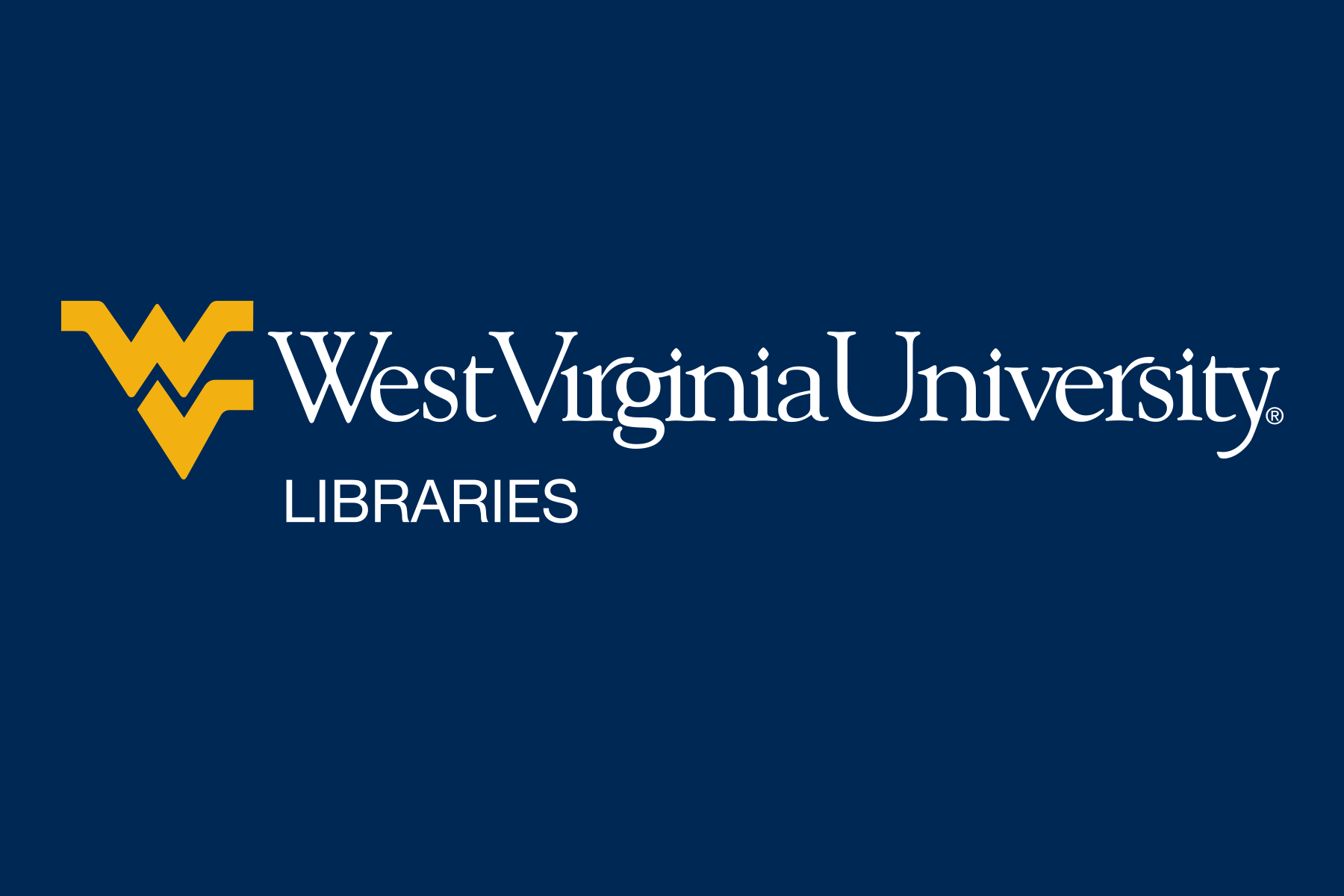Many historical archival collections share a mix of digitized documents, freely shared online, and descriptive records for print materials not available online.
Most archives provide a suggested citation. For guidance, see the Purdue OWL guide for Citing Archival Resources.
The importance of primary sources for inquiry and learning
Speakers: Scott W. H. Young & Connie Brownotter, Montana State University
Date: April 29, 2021
Recording: Building a University that Deserves Indigenous Students: A Participatory Design Approach (Video, 44:28)
Materials:
Abstract: “How do we build a university that deserves Indigenous people?” This prompt from Indigenous scholar Dr. Eve Tuck provides a frame for our presentation. Participatory Design offers one potential path for answering this question. Participatory Design is a socially-active, politically-conscious, values-driven approach to co-creation that seeks to give voice to those who have been traditionally unheard. A group of faculty and Native American students at Montana State University created an Indigenous Participatory Design Toolkit that provides a practical approach for collaboration among Native and Non-Native stakeholders that centers Indigenous worldviews. Through Indigenous Participatory Design, Native students are empowered as self-determining storytellers to co-create products and services in higher education. The Indigenous Participatory Design Toolkit can be adapted and reused to better serve and empower Native students. Attendees will learn the tools and techniques of Participatory Design for supporting Indigenous students in higher education.
Since Time Immemorial: Tribal Sovereignty in Washington State (K-12 Curriculum with tribal partners)
The first state-endorsed curriculum to be aligned with Common Core Standards. All lesson plans and materials are online and free. Endorsed by 29 federally recognized tribes. Launched in 2010.
Tribal Perspectives Northwest: Office of Superintendent of Public Instruction, Instructional Video for Tribal Sovereignty Curriculum
